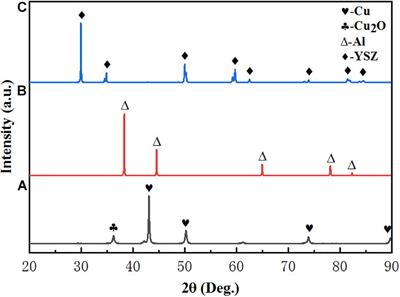EDITORIAL
Published on 18 May 2022
Editorial: Thermal Protection Materials and Coatings
doi 10.3389/fmats.2022.920811
- 1,173 views
4,735
Total downloads
21k
Total views and downloads
EDITORIAL
Published on 18 May 2022
ORIGINAL RESEARCH
Published on 28 Feb 2022
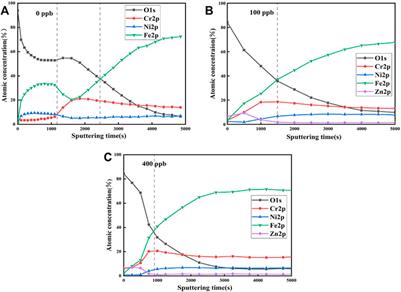
ORIGINAL RESEARCH
Published on 20 Dec 2021
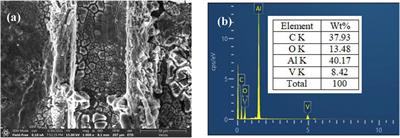
ORIGINAL RESEARCH
Published on 11 Nov 2021
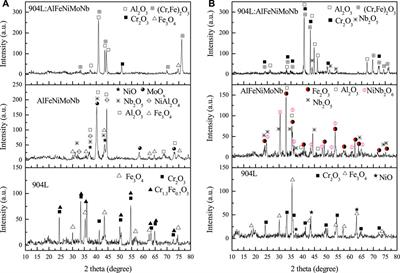
ORIGINAL RESEARCH
Published on 30 Jul 2021
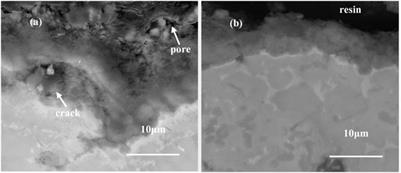
ORIGINAL RESEARCH
Published on 06 Jul 2021
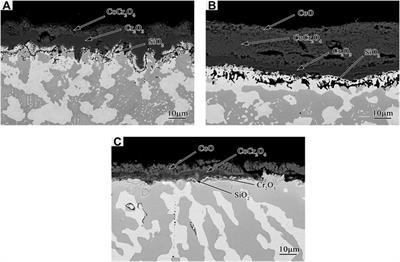
ORIGINAL RESEARCH
Published on 01 Jul 2021
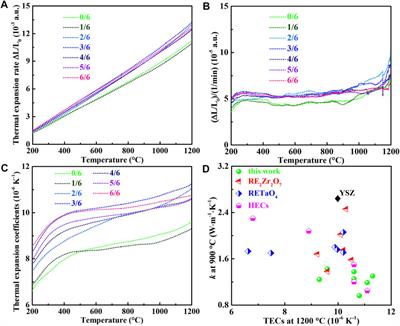
ORIGINAL RESEARCH
Published on 04 Jun 2021
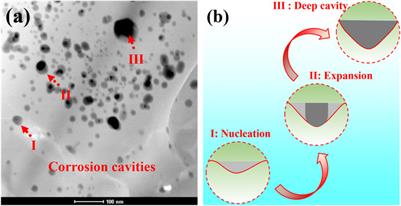
ORIGINAL RESEARCH
Published on 14 May 2021
